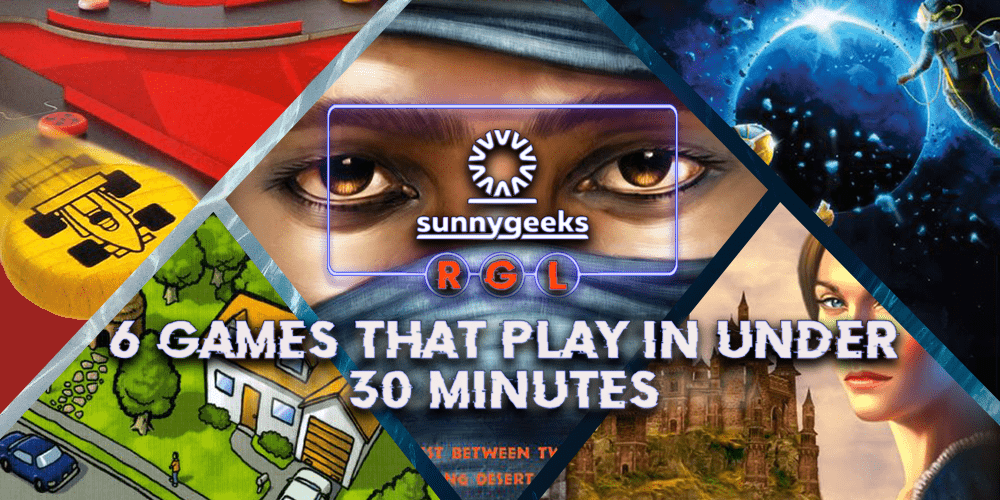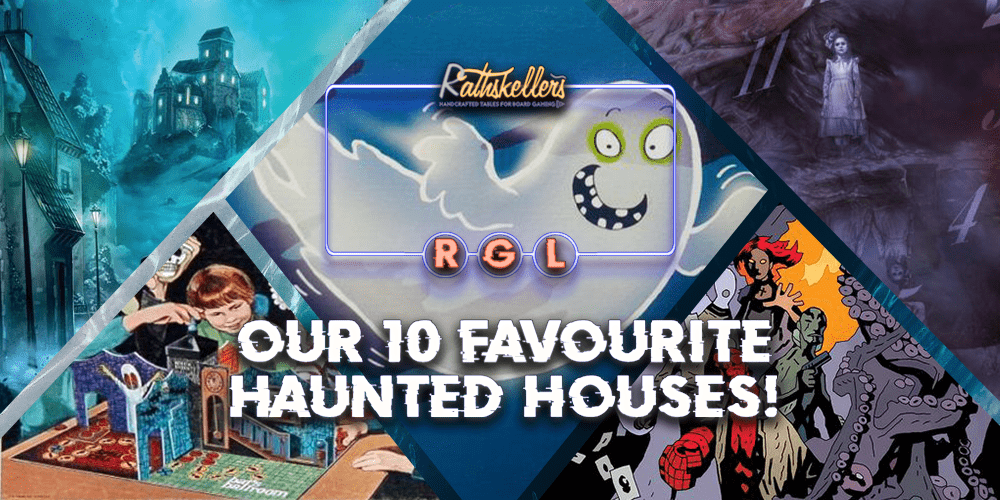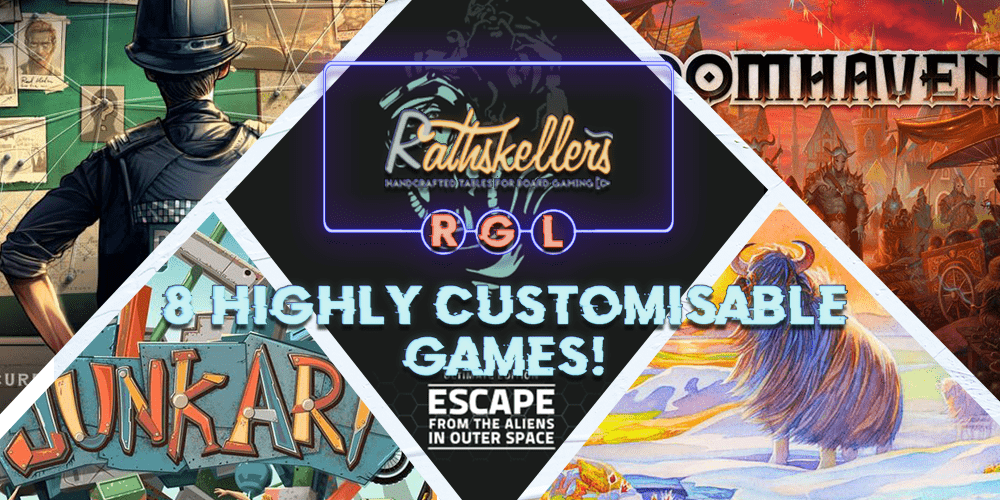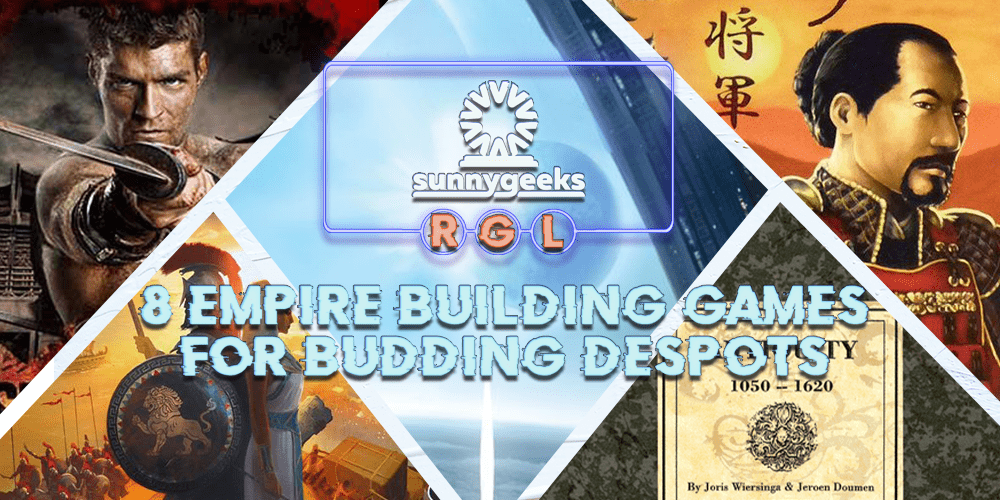Board games have been through a lot of changes over the years. From a slow historical evolution to the modern burst of creativity, here are some of the critical moments in the history of board games.
Prehistory
3100 BC
The board game senet being is played by the upper classes in ancient Egypt. This was the first time objects were made specifically to be board games. The rules have sadly been lost to the sands of time.
2600 Bc
The Royal Game of Ur becomes popular in Mesopotamia. This was the first game to reach other classes and nations, as it was spread around world by soldiers and traders.
1400 Bc
Sophocles claimed that Palamedes invented dice in about 1400BC. Astragalomancy, from astragalos, is a Greek word refering to the knucklebone or vertebra of an animal, from which dice were originally made. A term derived from the Greek astragalos (‘dice’ or ‘knucklebone’) and manteia and applied originally to a method of telling the future from the throw of small bones (usually sheep bones), but nowadays is also applied to the throw of dice, since they were once made from bones.
500 bc
Go emerges in China. 25 centuries later, its simple mechanics and complex tactics mean that it’s still one of the world’s most popular game.
200 ad
Snakes and ladders is created in India as a morality game, designed to teach about virtues and vices. It sets a precedent both for educational games and for mindless roll and move.
600 AD
Chess is created in India. It spreads along the Silk Road to China and Europe, becoming popular both as a game and as an overused literary metaphor. Not the first abstracted wargame, but the one that would make them globally popular.
700 AD
Date of the earliest surviving mancala sets in Africa, though this style of games may have been played long before this. Mancala games remain popular centuries later.
1365
The four-suit playing card deck is refined in Europe. Playing cards were already popular across Asia, but this deck was mass printed within 60 years and became the basis for hundreds of games, leading to the standard card decks seen today.
1824
George von Reisswitz Jr. presents his version of Kriegsspiel, a military training wargame, to the King of Prussia. It is adopted as a standard training tool by the Prussian army, becoming the first widely played simulationist wargame.
Mass Markets
1896
Ludo, a version of the ancient Indian game Pachisi, is patented in England. It becomes one of the first widely successful games of the commercial era, and sets a terrible precedent by ripping off other people’s work.
1903
Elizabeth Maggie creates The Landlord’s Game, a brutal critique of capitalist rental practices. It’s then brutally ripped off and watered down by capitalists, leading to the creation of Monopoly, first sold by Parker Brothers in 1935. By 2015, Monopoly had sold a billion copies and ruined almost as many family Christmases.`
After all, haters gonna hate : )
1952
The founding of the Avalon Game Company, later Avalon Hill, in Baltimore, USA. The company published Tactics (1954), the first in the modern genre of board war games, shaping the American market for decades.
1959
Publication of Diplomacy. A game with no random elements and a lot of talking, it brought frantic negotiation and back-stabbing into board games.
1978
The Spiel des Jahres awards for board games are created – the industry’s version of the Oscars.
1983
The first ever Spieltage (games fair) is held in Essen, Germany. 36 years later, Spiel has become the industry’s biggest event of the year, with fans and publishers flocking to Essen from across the globe.
1989
Milton Bradley and Games Workshop team up to create Heroquest. It turns the dungeon crawling adventures of roleplay games into a board game, winning a massive young fanbase and providing a template for future dungeon crawlers. Original Copies will still be sold today for hundreds of dollars.
The Modern Board Games Era
1993
Wizards of the Coast publish Magic the Gathering, the defining collectible card game. Its endlessly expanding model leads to countless imitators while remaining hugely popular and helps make Wizards of the Coast a giant in the industry.
1995
Settlers of Catan, another era-defining game, wins Spiel des Jahres in Germany and brings European-style games to the English-speaking market. For many, it’s the gateway drug to boardgames.
Fun fact : It’s boardgamegeek’s 13th listing.
1999
Arguably the first worked placement game (and people really do argue over this), Bus becomes the first to popularise this important mechanic.
2000
Carcassonne is published and quickly became a milestone for eurogamers across the world. It also introduced – Meeples – a component used in myriad of other games since then.
2000
Boardgamegeek went live. We don’t need to say more.
2008
The success of Pandemic popularises cooperative gaming for the first time, with everyone on the same team instead of competing against each other.
2008
Dominion takes the deck-building element of collectable card games and puts it inside a game, so that players build their decks even as they play with them.
2009
Kickstarter is founded. It quickly becomes a popular way to fund new games, arrange pre-orders, and obtain a bazillion beautifully sculpted plastic models.
So many Great Games….and so many not so great ones.
2011
Risk Legacy breaks with a great taboo of gaming by making you trash the components. Players scribble on and tear up components in a series of games where each one shapes the next. Four years later, Pandemic Legacy combines two great ideas to widespread acclaim.
2013
Well…it’s our own listing so there you have it ! Rathskellers was founded by the two Milios brothers, Thanos and Paschalis, creating heirloom gaming furniture as an extension of a family-owned furniture business that is now in its third generation (Est : 1958)
2014
Alchemists becomes one of the first games to combine a mobile app with a board game, proving that this could add something fundamental and useful to the game.
TODAY
Of course, there are many other games that could have been mentioned, and many more to come. Every year now brings something new, as we hurtle through an era of incredible variety and creativity. We are sure that people will disagree with some of the choices and absences, but hey, people are always going to argue about the things they’re passionate about, so keep the conversation below and let us know of your thoughts.
- Facebook28
- Twitter0
- Pinterest2
- Reddit0
- Subscribe
- 30shares


















Where’s Backgammon ??????????????????? Great list guys !
Thank you :D That’s definitely a fun classic!
Heroquest should have been a Milestone in Bold letters :cool: :cool:
It was actually the first game that got our Founder (Thanos) into the modern game era ! Christmas gift from his Godfather :)
Really interesting article, such an amazing hobby we have
Amazing indeed <3 Life-changing, I should add (in my case at least!) :lol:
Keydom was the first worker placement game… only folks who want to ignore that it came out a year before Bus, would say this isn’t settled and still up for argument.
But which one is best? Never played Keydom, but Bus (especially) capstone’s latest take is a very enjoyable game.
Agreed!
Monopoly ? Come oooooooooon
As we said ! Haters gonna hate :P ! Our team was on the margin about this one, but it is definitely a strong placeholder !
We can’t deny that Monopoly is a milestone in the board game history. Even though it’s history by now (or should be!)
Come on ! let us know of your thoughts.